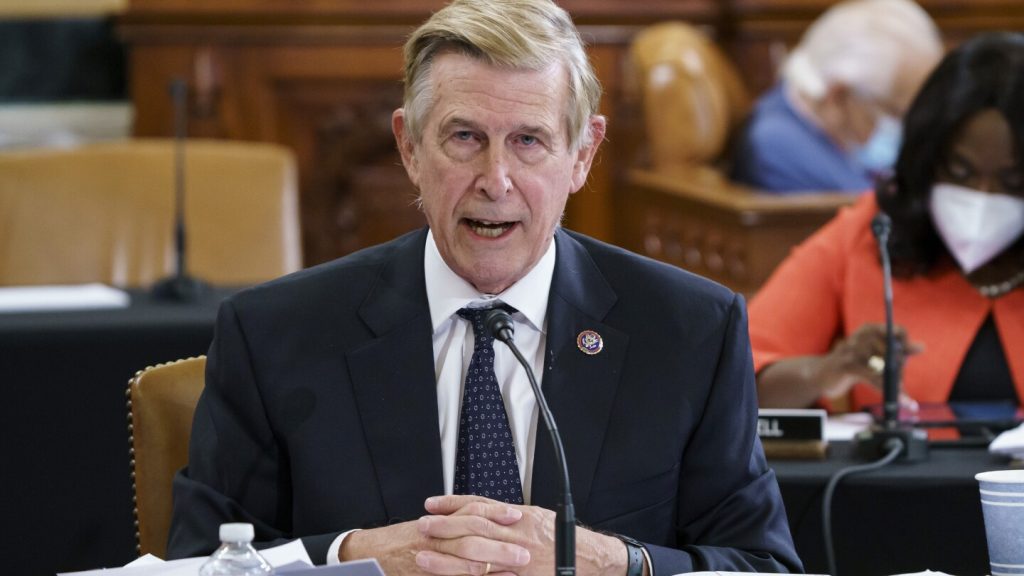As artificial intelligence continues to revolutionize industries and society as a whole, members of Congress are taking steps to educate themselves on the technology in order to effectively regulate it. Leading the way is Don Beyer, a Virginia Democrat who is currently pursuing a master’s degree in machine learning at George Mason University. Beyer’s decision to deepen his understanding of AI reflects a broader effort among lawmakers to grapple with the complexities of regulating this transformative technology.
Artificial intelligence presents a myriad of opportunities and risks, ranging from massive job losses to the proliferation of biased information and deepfake media. Lawmakers understand the importance of striking a balance between fostering innovation and protecting against potential harms. The challenge lies in crafting regulations that encourage the benefits of AI while mitigating its negative impacts. To achieve this, policymakers are seeking input from a variety of stakeholders, including tech companies, industry experts, and AI critics.
Jay Obernolte, the chairman of the House’s AI Task Force, emphasizes the need for lawmakers to have a clear understanding of AI beyond the realm of science fiction. As someone with a background in engineering and artificial intelligence, Obernolte recognizes the importance of informed decision-making when it comes to shaping AI policy. He acknowledges the seriousness with which his colleagues are approaching the task of grasping AI’s potential implications and risks.
Historically, Congress has faced challenges in keeping pace with rapidly evolving technologies, from the industrial revolution to the digital age. Kenneth Lowande, a political scientist at the University of Michigan, highlights the role of expertise in shaping legislative decision-making. Lawmakers rely on a combination of formal resources, such as specialized offices within Congress, and informal means of education, such as briefings from interest groups and lobbyists.
Beyer’s commitment to learning about AI extends beyond his academic pursuits to coding and applying AI principles to various aspects of his work. While a computer science degree may not be a requirement for lawmakers, understanding the economic, social, and ethical implications of AI is essential. Chris Pierson, CEO of BlackCloak, underscores the importance of responsible AI use and the need for proactive measures to safeguard against potential harm.
As the executive branch takes initial steps to regulate AI, Congress is gearing up to draft legislation that addresses AI’s impacts on society. Lawmakers have established a new AI task force and caucus to facilitate discussions and gather expertise on the topic. Rep. Anna Eshoo, the Democratic chairwoman of the caucus, is spearheading efforts to address issues like deepfake technology and misinformation. By fostering bipartisan collaboration and engaging with a diverse range of stakeholders, Congress aims to navigate the complexities of regulating AI for the benefit of society as a whole.


